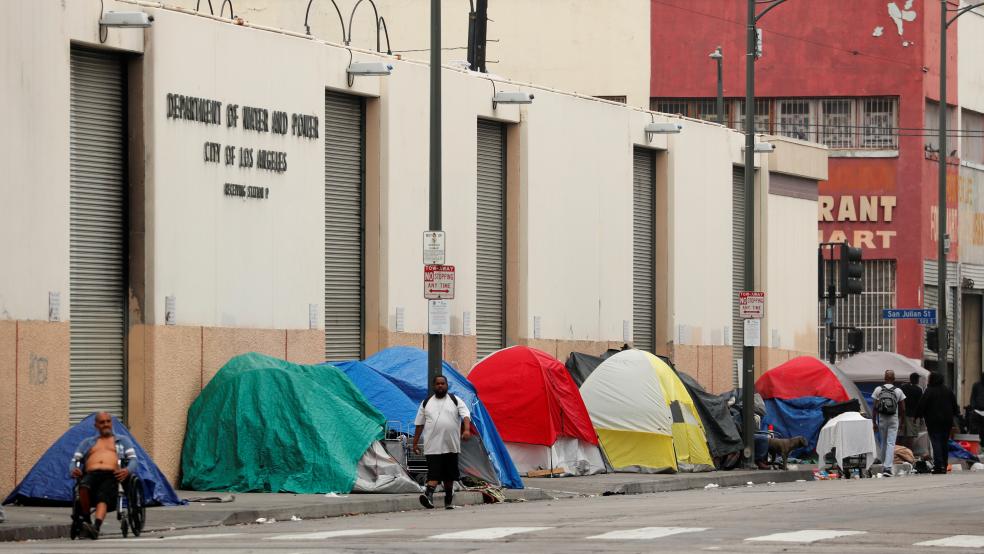Income inequality in the United States last year reached the highest level since the Census Bureau started tracking it more than 50 years ago, even as median household income also reached a nominal new high. And in a new report, the analysts at Moody’s Investors Service, a credit-rating agency, warn that, if not addressed, the growing gap between the country’s rich and poor could come with heightened fiscal risks.
“Rising age-related entitlement spending, higher debt service payments, increased discretionary spending and revenue loss from tax cuts are contributing to wider fiscal deficits and pushing the federal debt and interest burdens to historic levels,” Moody’s says. Rising income inequality makes it harder to address that fiscal outlook:
“Tax increases, major entitlement reform, or unprecedented cuts to discretionary spending would be required to address these intensifying fiscal challenges, policies that are made more politically difficult to implement in the context of rising inequality. Should labor incomes remain stagnant in real terms for large segments of the population, intensified polarization in incomes is likely to boost popular support for redistribution. Therefore, rising inequality is likely to impede an effective policy response because political pressure will grow from lower-income households for increased government support.”
“Conversely, politically empowered high-income earners will likely resist higher, more progressive taxation. Greater large-donor funding for candidates and policies opposed to such initiatives would likely follow. We consider deficit-financed expansion of social programs as the probable outcome in such a scenario.”





